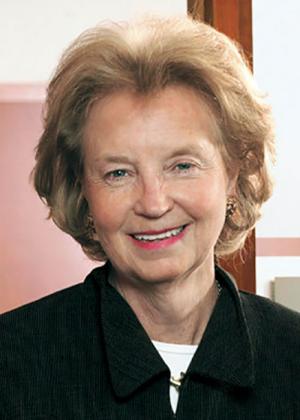In the early 1970s, when Kathleen Foley, M.D., was a resident in neurology at Memorial Sloan Kettering Cancer Center, she was offered a fellowship to study pain. She warned the head of neurology, Jerry Posner, M.D., that she knew nothing about pain. He replied, “Don’t worry, no one else does either.”
Thus began Dr. Foley’s 40-year career at MSK, the first U.S. cancer center to have a center dedicated to pain management. As the former chief of the Pain and Palliative Care Service, her career was dedicated to treating patients with chronic pain. Foley and her team created leadership programs for physicians, nurses, and social workers around the country. These programs recognize and address the need for developing leaders and palliative care experts to facilitate change in patient care.
Foley has stated, “pain is one of the most feared consequences of cancer–and with good reason. Studies in the United States have shown that at least one-third of all cancer patients undergoing chemotherapy or other anti-tumor treatments, and two-thirds of those with advanced cancer [will] suffer significant discomfort. Providing relief is vital not only as an end in itself, but also to improve the patients’ prospects for survival.”
In 1995, Foley became the director of the Open Society Institute’s Projects on Death in American, a $45 million, 9-year project with a goal of transforming the culture around death in the United States. Foley is a member of the Institute of Medicine of the National Academy of Sciences and has received numerous awards, including the American Cancer Society Medal of Honor, the David Karnovsky Award from the American Society of Clinical Oncology, and the American Academy of Neurology’s Frank Netter Award.
To read more about Dr. Foley, see her interview with Memorial Sloan Kettering.

